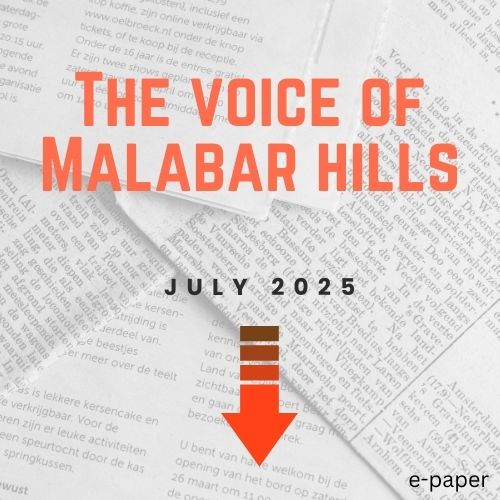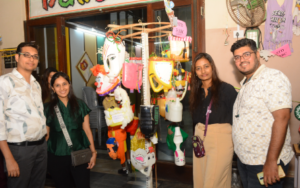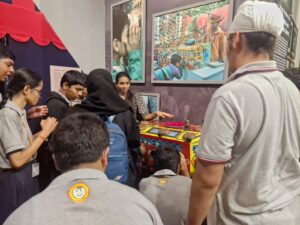The silent struggle of residents in - buildings not needing redevelopment
For over 50 years, the building I live in has been more than an address — it has been home. The walls echo with memories of childhood laughter, family celebrations, quiet dinners, and moments of comfort through life’s storms. My parents built this home with love, care, and the modest earnings of hardworking years. Every corner of our house holds meaning — a history etched in paint, wood, and belonging. So when we were told that our building was going into redevelopment, it felt like the ground beneath our feet shifted. It came suddenly. No warning. No real conversation. Just a cold, official announcement that the place we’ve known and nurtured for decades will soon be demolished to make way for something “newer and better.”
The language of progress, it seems, comes at the cost of peace. What’s even harder to digest is this: our building still looks and feels sturdy. It is structurally sound, well-maintained, lived in, and standing strong. Yes, it may not have a fancy lobby or high-speed elevators, but it is safe, solid, and filled with life. Some of us do not want redevelopment. We’re not resisting change out of habit or fear – we’re resisting because this change feels unnecessary and deeply unsettling. It is also fraught with uncertainties. My parents, both aging, were devastated. My father, in particular, is unwell. In this phase of life — the retirement years, the season meant for rest and quiet joy — they are being asked to pack up their lives and move. Not just physically, but emotionally. To watch their sanctuary torn down. To adjust to unfamiliar temporary spaces.
To let go of the roots they’ve so carefully planted. It’s not just inconvenient — it’s heartbreaking. And we are not alone. Many of our neighbors are senior citizens — widows, couples living alone, people in their 70s and 80s who never imagined being displaced at this stage of life. The thought of relocation, however “temporary” it may be, brings anxiety, loss, and health complications. For them, home is not about square footage. It’s about safety, memory, and routine — things that no high-rise can replicate. But redevelopment threatens more than just human memory — it threatens nature, too. Our building is surrounded by some of the oldest trees in the neighborhood. Tall, sheltering, magnificent trees that have stood with us through decades of storms and sun. If redevelopment goes through, these trees — some older than us — will be cut down. Just like that. A few signatures and the green heart of our community will be gone. This is not just a personal loss — it is an ecological one. In a city gasping for clean air and shade, how can we justify cutting mature trees to make room for cement and glass? And it’s not just our building. Across Malabar Hill, once considered a green, quiet sanctuary, multiple old buildings are being eyed for redevelopment. Bit by bit, the soul of the hill — its trees, its heritage, its human warmth — is being replaced with *faceless* towers and parking lots. Those of us who are raising concerns are being brushed aside. Being made to feel guilty. We are told we’re clinging on to the past. That we’re “in the way” of progress. But what kind of progress erases both democratic rights and environmental heritage without a second thought?
There is something deeply wrong with a system that makes people feel powerless in their own homes. Where your years of emotional, financial, and physical investment are wiped away by a vote. Where your roots — both personal and ecological — are uprooted in the name of development. Redevelopment should never come at the cost of dignity, memory, and the environment. There must be a way to honor both — the desire for modern living and the responsibility to preserve what is irreplaceable. A truly inclusive redevelopment model would center empathy, consultation, environmental impact, and choice — not just construction timelines and builder profits. Because behind every window is a life, a story, a family — not a project. We’re not asking for miracles. We’re asking to be heard. To be seen. To be treated as people — and as custodians of the environment — not as obstacles to be cleared away. After all, home isn’t just where you live. It’s where you feel safe. It’s where the trees know your name. And when all that is taken away — what’s left?
By Reemma Dalal, resident of Malabar Hill. P.S. I’ve also initiated a petition to raise awareness and gather support against unnecessary redevelopment in our beloved Mumbai. If this matters to you too, please sign and share: https://www.change.org/p/stop unnecessary-redevelopment-in-mumbai-city save-our-homes-environment





